|
Asbestos cement sheet and asbestos insulating board are used throughout buildings to increase the fire rating to hinder the spread of fire.
4 Comments
Asbestos vinyl tiles commonly contain asbestos. The asbestos tiles are nominally 9 inches square. Vinyl sheet can also contain asbestos as well as the bituminous adhesive used to glue the asbestos vinyl sheet and asbestos vinyl tiles down.
Asbestos roofs are generally made of a corrugated moulded product that is generally fairly stable material. Being a brittle roof there are other significant issues which include the potential of falling through by walking on them. Roof membranes ar egenerally a bituminous material. They can reside at the tope of the roof or underneath roof tiles in a sheet material. They are usually a black colour and the asbestos fibres can generally be seen with the naked eye.
Asbestos pipes may include downpipes, asbestos cement water pipes underground, asbestos cement flues for transporting hot air from boilers. they are generally made of asbestos cement, providing a hard wearing product.
The first picture shows an asbestos downpipe from a gutter with some fibres after a breakage. The second picture is of a storm water pipes underground. External garages can contain asbestos cement walls, eaves and corrugated asbestos roofs. Newer garages that are part of the house can have asbestos sheet or fibro to assist in hindering the spread of fire if a fire were to start in the garage.
The pitched side of roofs otherwise known as gables can contain corrugated moulded asbestos products (picture 1) and flat asbestos cement sheet as shown from a garage in picture 2.
There are many different types of flooring material that contain asbestos. The most common are fibre cement sheet and vinyl shete or tiles. in Many cases the floor may be hidden by carpet and and tiles. A pre demolition survey is required to identify these materials within the house.
The first picture is of 20 mm thick fibre cement sheet under the tiles which can be seen just under the water stop. The second picture is of asbestos sheeting underneath a demountable building. Fibre cement sheet is the most prominant and common form of asbestos that people recognise as being potentially hazardous. True fibre cement sheet is a very hard material. Caution should be applied in determining whether the sheet material is cement or insulating board. insulating board is a softer material and releases fibres much more readily than the stronger cement counterpart. An good indication of true asbestos cement is a golf ball or dimpled pattern on the back of the sheet. Asbestos insulating board will generally have a smoother finish to the back.
The first picture below is of an external wall made of fibro and the second picture is of ceiling and wall lining which are most common in internal wet areas. Carpet Underlay Asbestos can be used in some carpet underlay, and has been used in the adhesive to glue down the carpet underlay which is usually a black bituminous material. The first picture of is asbestos carpet underlay and the second picture is of the black adhesive or glue underneath the carpet that may contain asbestos. Ceilings Asbestos ceilings can be found in many forms which include asbestos fibre cement sheet (fibro), vermiculite spray applied ceilings. The vermiculate look like popcorn and many of you might remember your old high school science lab with this material. Asbestos ceiling tiles are also commonly used. The first picture is of an asbestos fibro ceiling and the second picture is of the vermiculate popcorn ceiling. Eaves
The majority of eaves to all buildings built before 1990 will have asbestos. This is one of the most commonly tested material for asbestos. The picture below show typical asbestos eaves which are made of asbestos fibre cement sheeting otherwise known as fibro. |
Asbestos newsThoughts from Terry Archives
January 2023
Categories
All
|

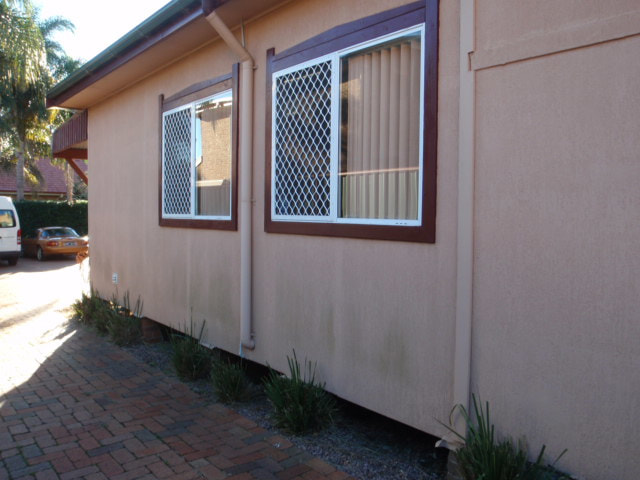
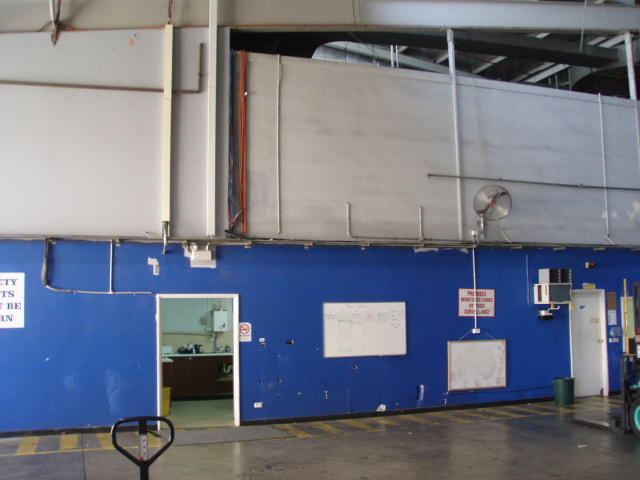
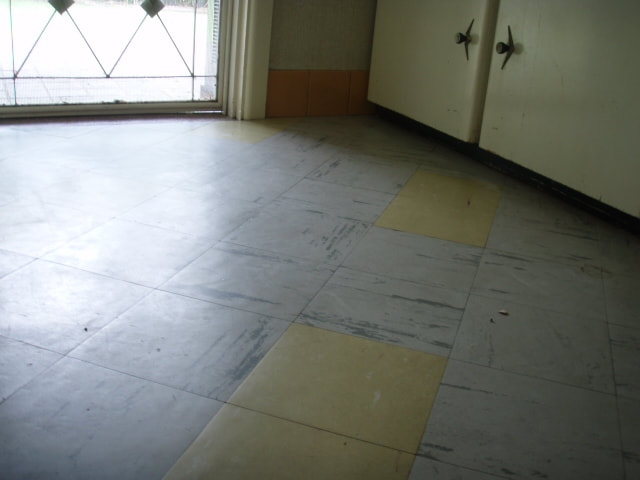
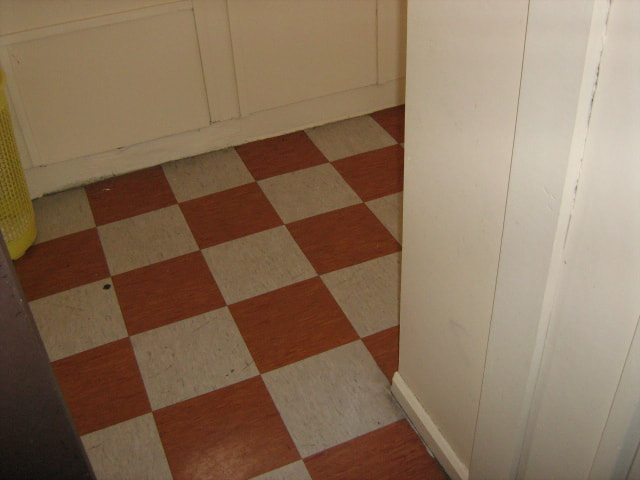
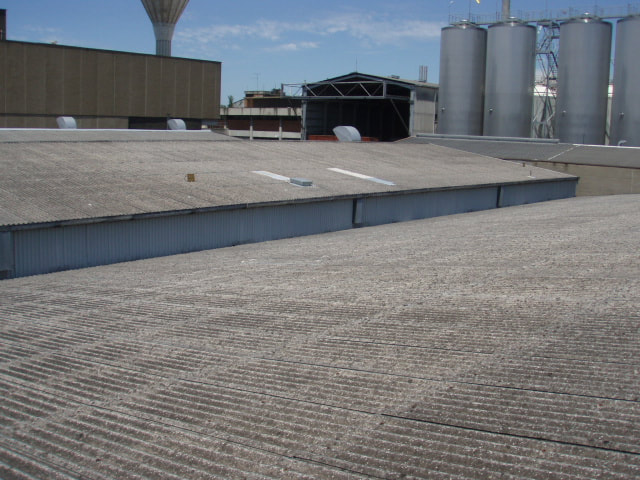
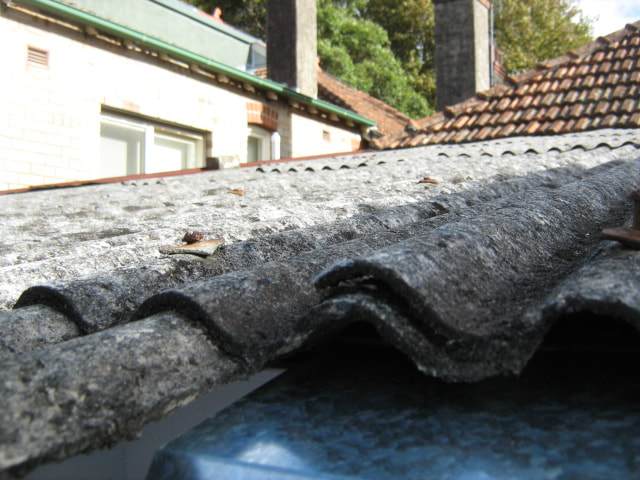
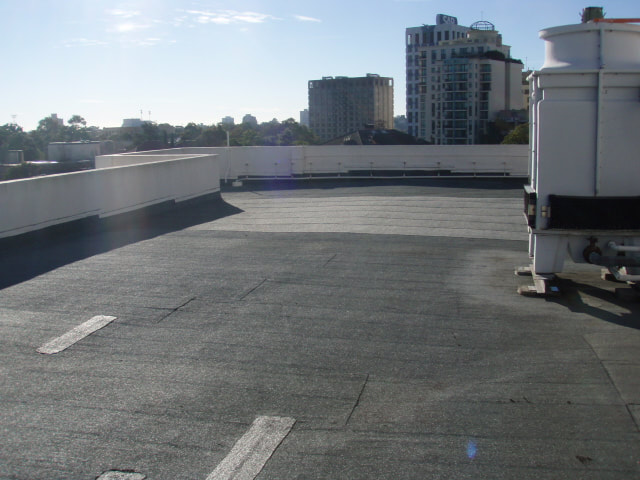
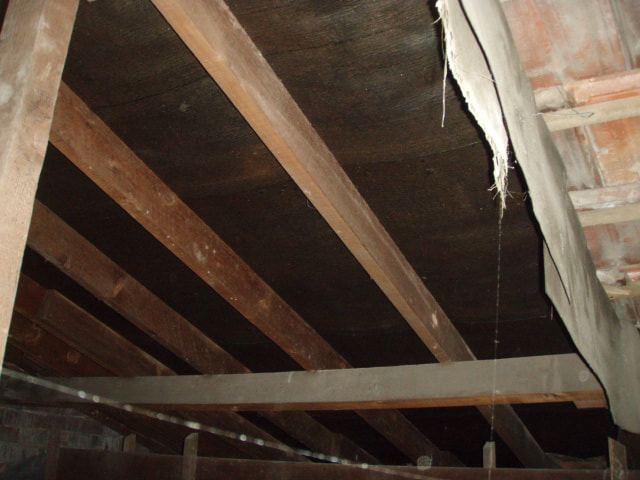
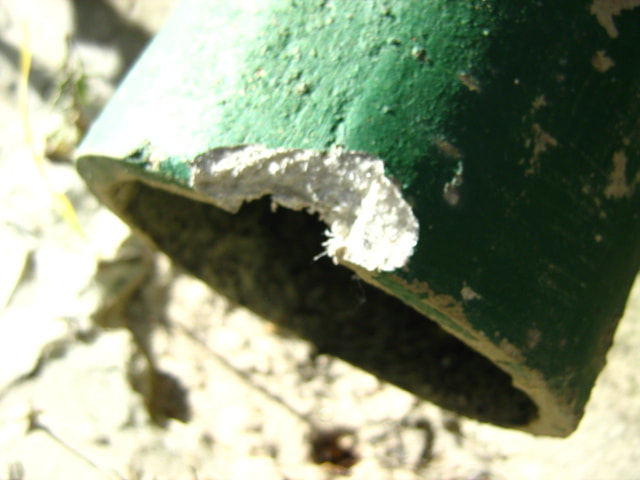
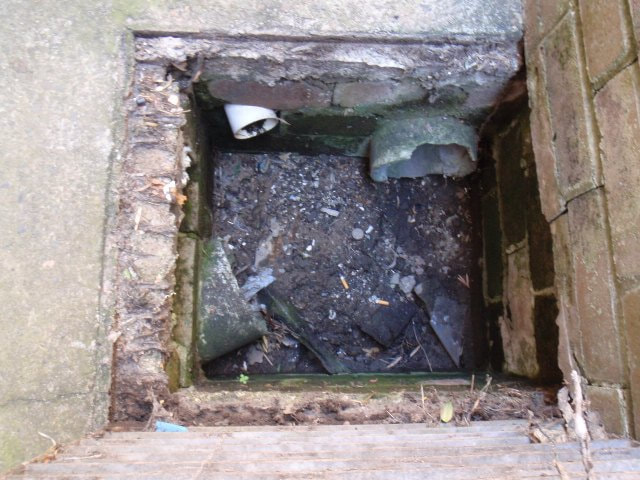
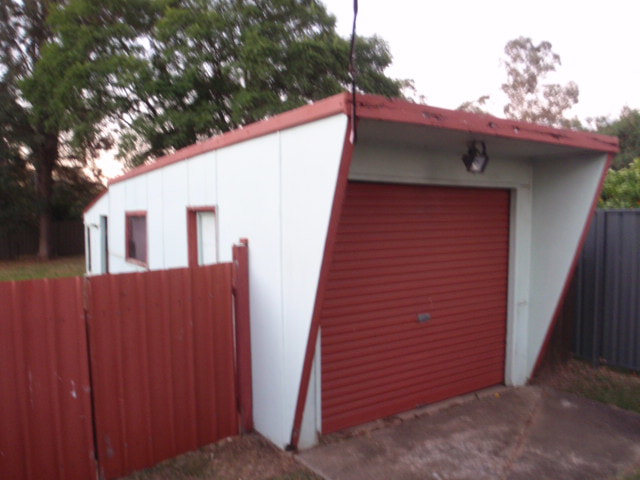
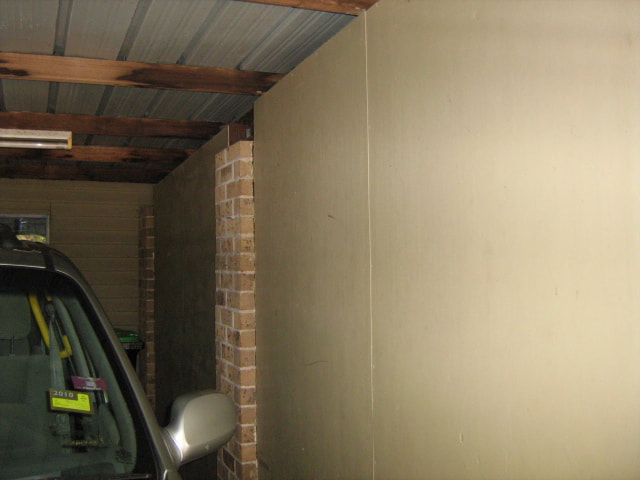
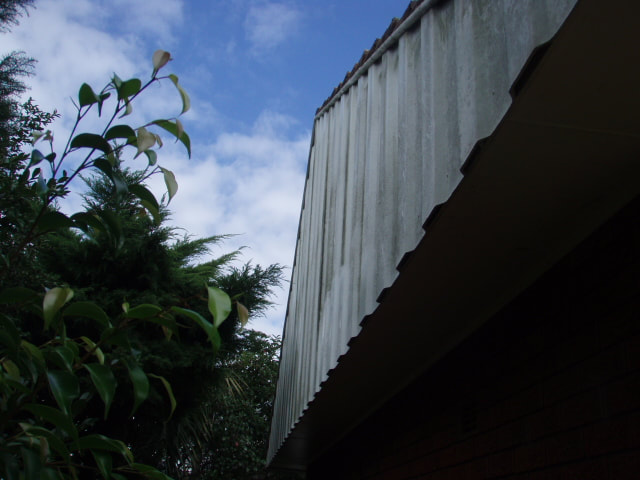
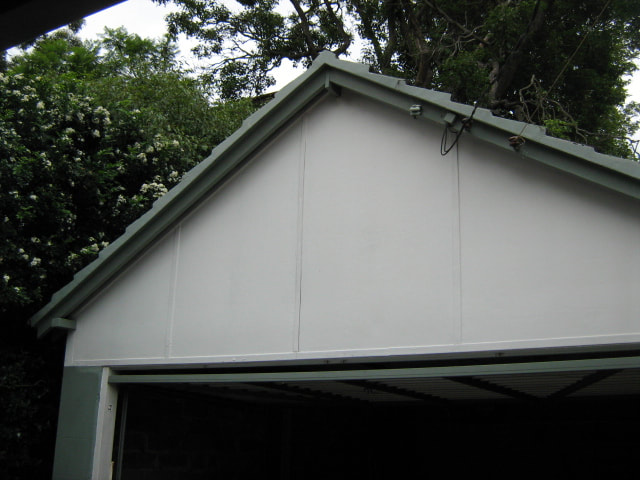
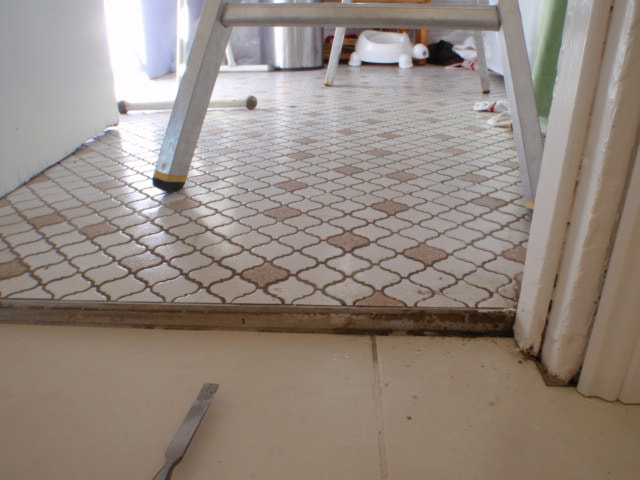
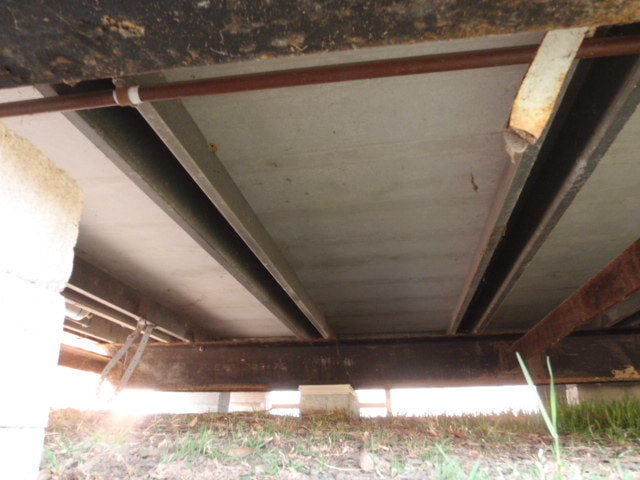
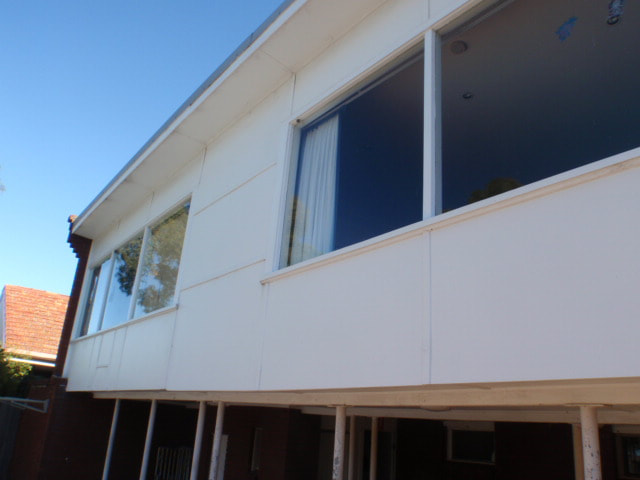
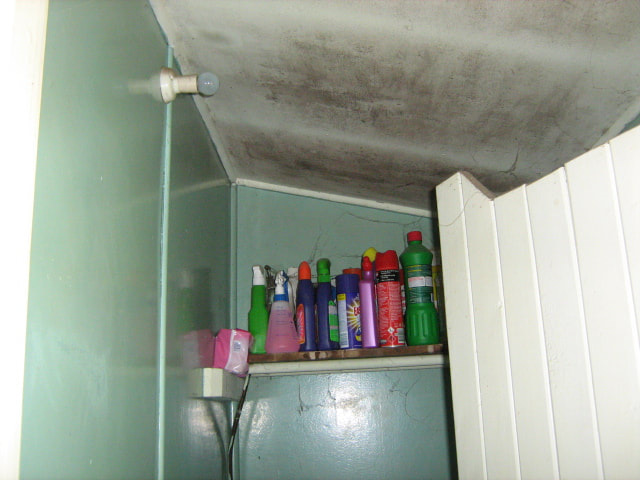
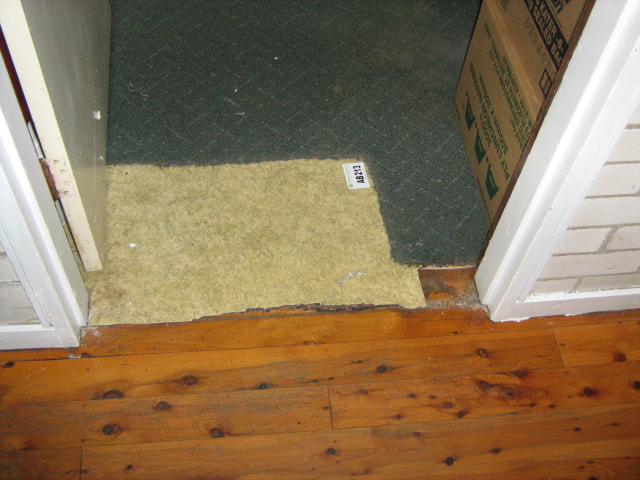
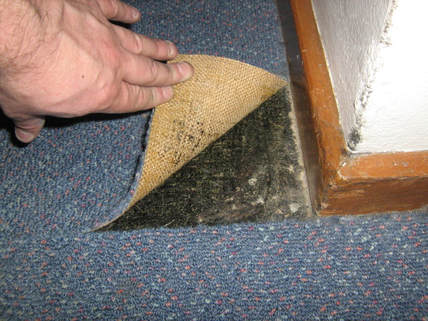
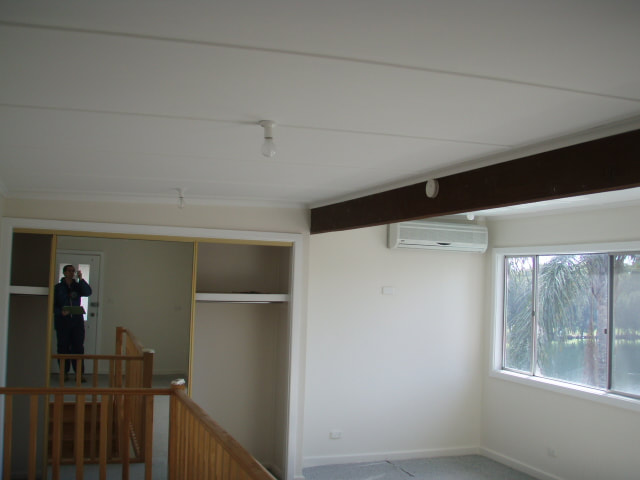
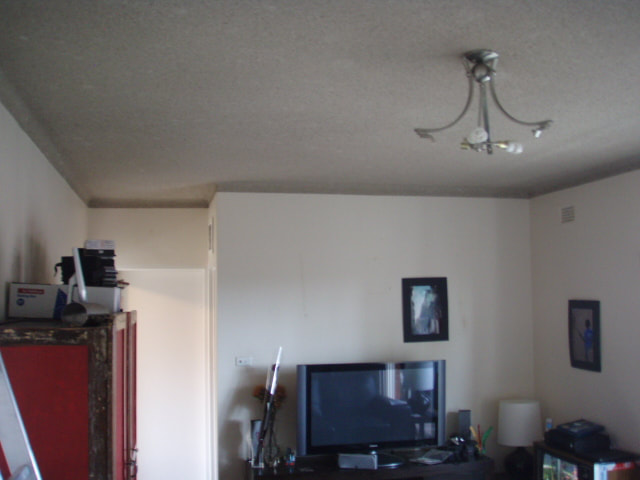
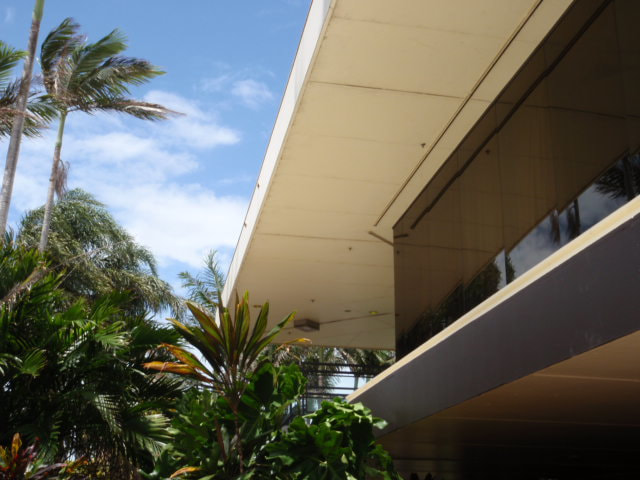
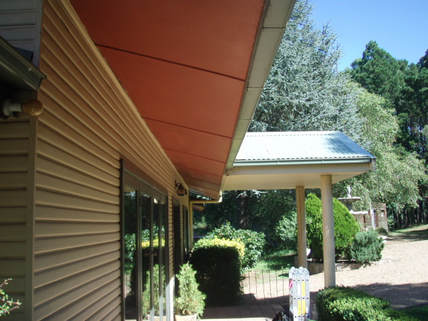
 RSS Feed
RSS Feed
